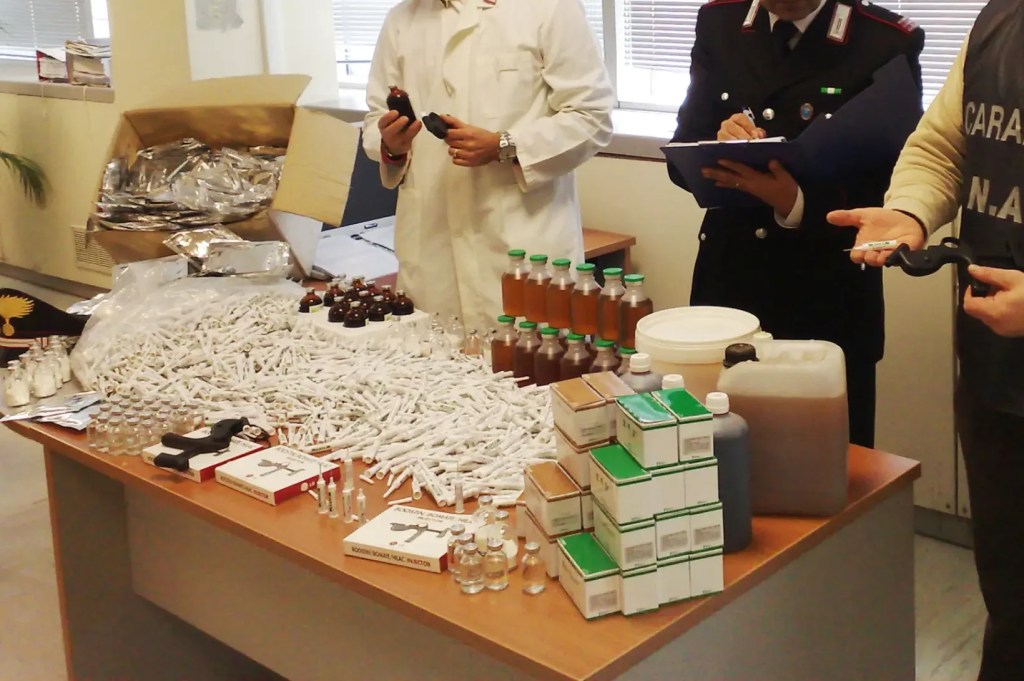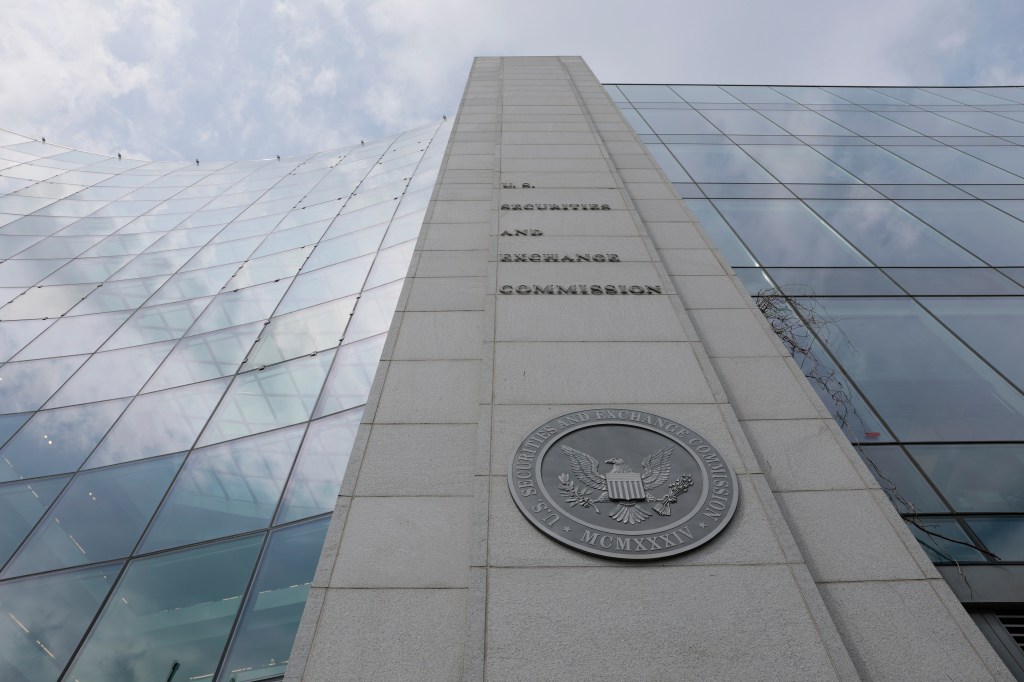Alexander Barzacanos, Deputy Content Manager and Editor
Sophisticated crypto-fueled confidence scams are going to be a growing problem. This year, we’ve seen high-profile cases where shocking levels of credulity were afforded to social engineers by people who definitely should have known better.
And tether, a cryptocurrency pegged to the
Register for free to keep reading
To continue reading this article and unlock full access to GRIP, register now. You’ll enjoy free access to all content until our subscription service launches in early 2026.
- Unlimited access to industry insights
- Stay on top of key rules and regulatory changes with our Rules Navigator
- Ad-free experience with no distractions
- Regular podcasts from trusted external experts
- Fresh compliance and regulatory content every day













